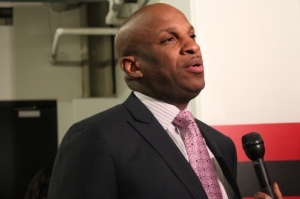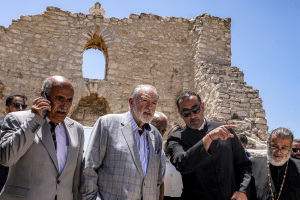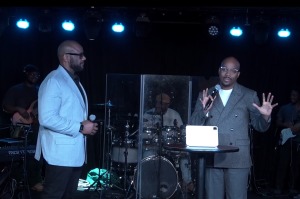Study: God Relationship Not Most Important to Americans
America is a religious nation in the eyes of the world. But a new study revealed that the majority of Americans do not rank their relationship with God as the most important personal connection in their life.
Seven out of 10 American adults choose their earthly family over their Heavenly Father when asked to choose the most important relationship to them, according to a Barna study released Monday.
One-third said their entire nuclear family is most important, while nearly a quarter (22 percent) named their spouse and one-sixth (17 percent) pointed to their children. An additional three percent of American adults identified their parents as the most important relationship in their lives.
Only 19 percent, or nearly one out of every five adults, said their relationship with God, Jesus Christ, the Trinity, or Allah (specific names) is the most important in their life.
Surprisingly, few American adults – only two percent – said their relationship with a specific friend was the top personal connection in their life.
People over the age of 40 are most likely to set God on top of their relationship list.
But among the subgroups, evangelicals were the only group where at least one-third said God was their most significant relationship. Seventy percent of evangelicals named their connection with God at the top of their list. Meanwhile, God is the most important connection to 30 percent of Protestants and to only nine percent of Catholics.
George Barna, founder of The Barna Group, noted that although born-again Christians assert from an "intellectual" and "theological" standpoint that God is real and influences their life, they still do not seem to "share much intimacy with God."
"Perhaps one of the greatest gifts Christians could get this Easter is a deeper or renewed sense of connection with God, and a passionate determination to make more of the opportunity they have to know and be known by the living God," he said in a statement.
The study also found that African-Americans are about twice as likely as all other Americans to describe their bond with God as their most important relationship.
In the political arena, conservatives were nearly three times as likely as political liberals to identify God as their most important relationship (33 percent to 12 percent, respectively).
Besides the important personal relationship, the study also asked Americans what is their most important group or network in life. The most popular answer was the church group.
Three out of every ten adults (29 percent) said their church was the most significant group affiliation in their life. The second most popular response was the people at their workplace (18 percent), followed by an association of friends that regularly gather together (14 percent), a hobby club or social group (12 percent) and interaction with people in the neighborhood (7 percent).
"People were more than 50 percent more likely to say that their church's congregation is their most significant group than to say that God represents their most important personal connection," observed Barna.
"That certainly reflects the interpersonal comfort that millions of people have developed at their church, but also indicates that people may have forgotten the ultimate reason for belonging to a Christian church."
Interestingly, young people (under 25 years old) listed their friends as their most important network, while church ranked fifth. In contrast, adults over 25 ranked church as their most significant group, followed by their network at work.
Other findings showed Protestants are more than twice as likely as Catholics to say their church is their main social group (44 percent vs. 16 percent, respectively), and political conservatives are more than twice as likely as political liberals to name their church as their main social hub.
The report is based on a telephone survey conducted by The Barna Group with a random, national sample of 1,004 adults over the age of 18 in July 2007.
























